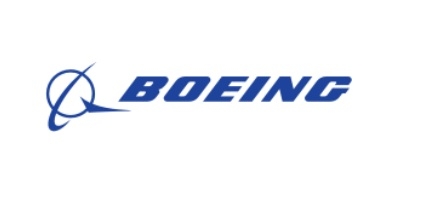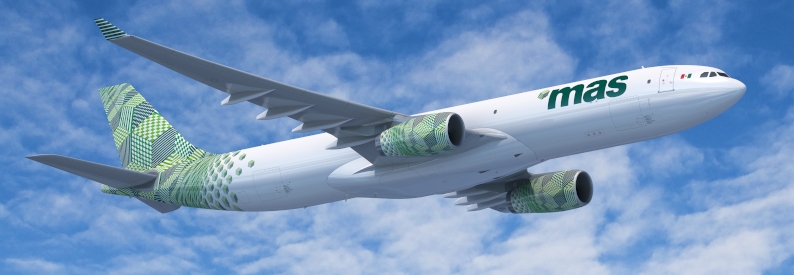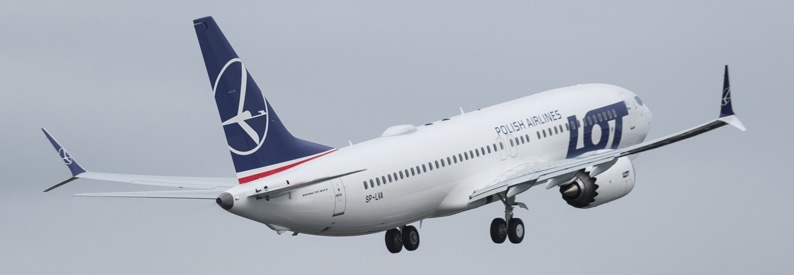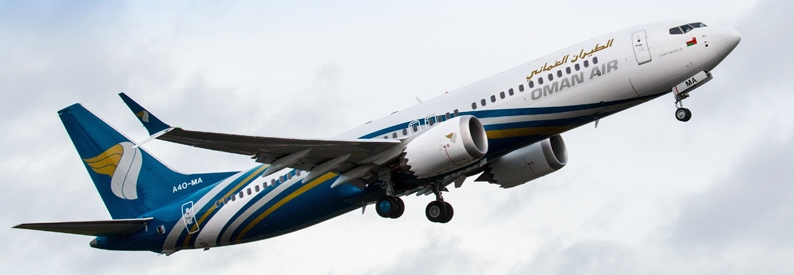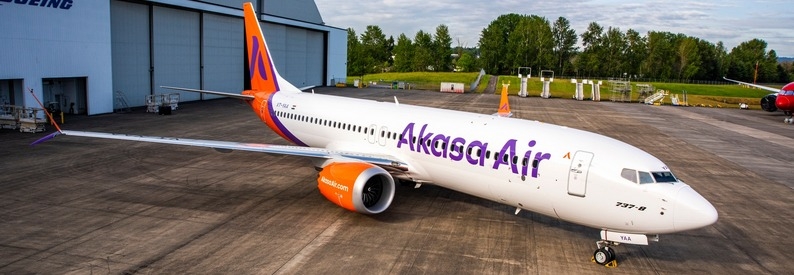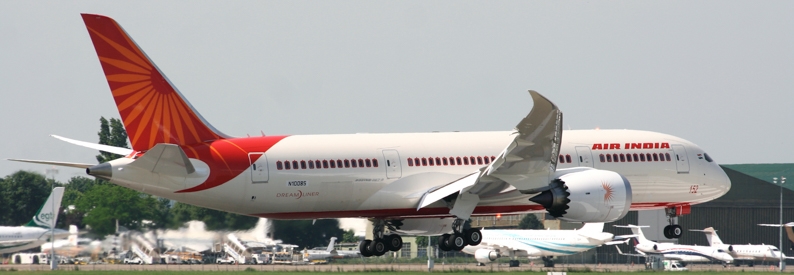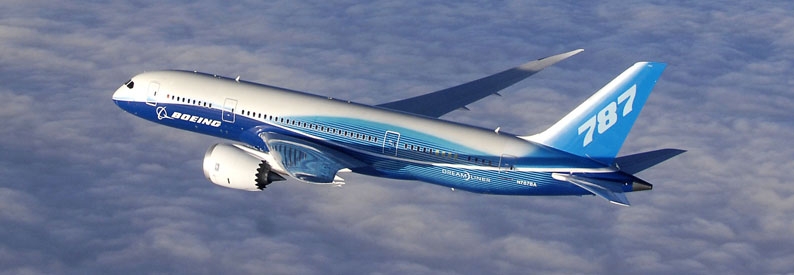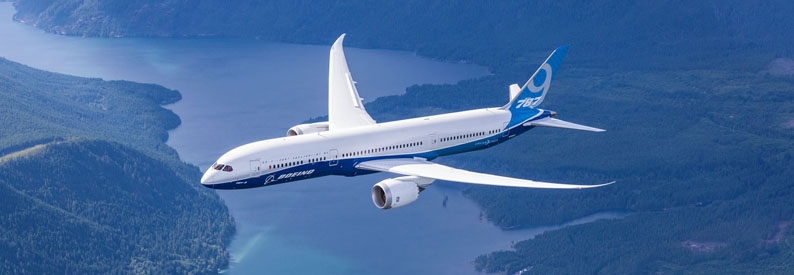The US Congress has granted Boeing (BOE, Washington National) an exemption to complete the certification of the B737-7 and the B737-10 without new crew alert systems, which were due to become mandatory for new types after December 27, 2022.
The last-minute change was passed as an amendment to the USD1.7 trillion spending bill and drew on the wording proposed earlier by Senator Maria Cantwell (D), who represents the state of Washington. While Boeing can complete the certification of the two variants without the extensive design updates that would be otherwise required, the exemption is only temporary. The manufacturer will have three years from the date of the MAX 10's certification (which is expected to occur after the -7 at some point in late 2023) to retrofit, at its own cost, the new compliant crew alert system to all B737 MAX in service, including the already certified B737-8 and B737-9 variants. As such, by some point in 2026, all B737 MAX operating in the United States, regardless of their date of certification and delivery, will have to be kitted out with the more advanced crew alerting system.
The new requirements were developed in the wake of two MAX 8 crashes and the type's subsequent global grounding.
Even though the amendment is conditional and imposes long-term obligations on the manufacturer, it is a major victory for Boeing, which has long lobbied for the pass. Chief Executive Dave Calhoun previously said that without the exemption, the company could even abandon the MAX 7 and 10 altogether. Boeing has already developed the relevant new systems for the MAX 10 and is planning to offer voluntary retrofits to airlines.
Although the US bill only applies to aircraft operated in the country, European and Canadian regulators have already said they would also require all B737 MAX to be retrofitted with the new crew alerting modules, but have yet to officialise the requirement.
